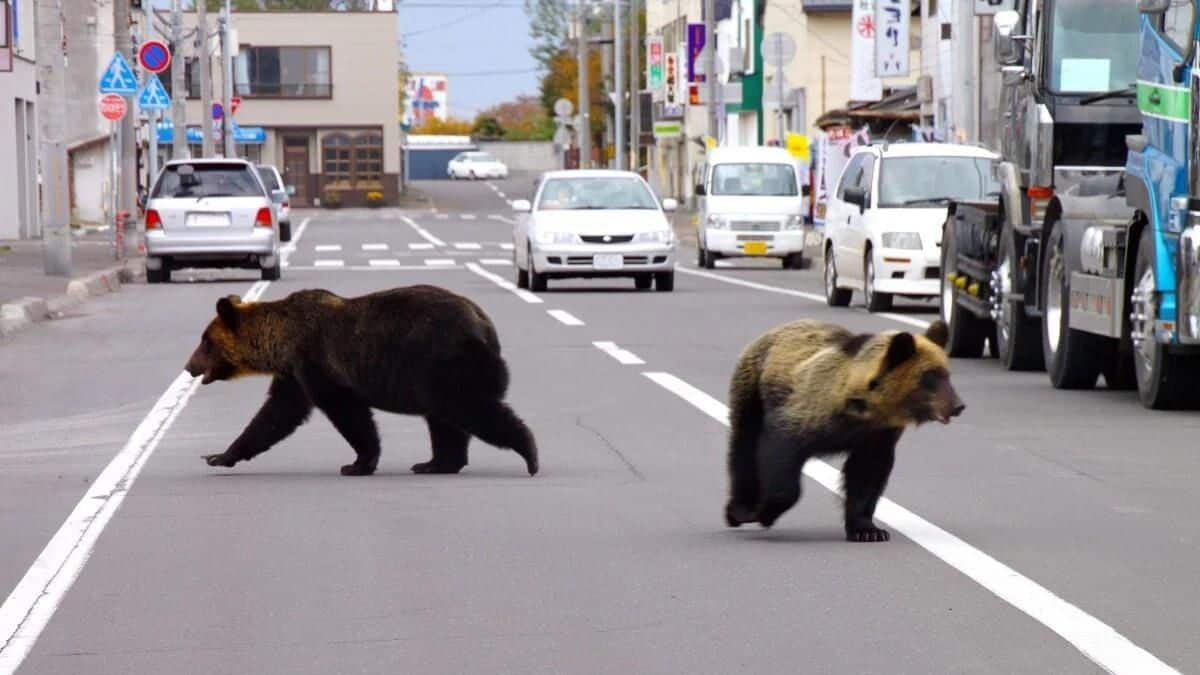
Why Japan has eased bear-shooting laws
What's the story
Amid a sharp increase in bear encounters and attacks in populated areas, Japan will relax its hunting laws. The government plans to amend wildlife protection and management legislation, allowing local councils to permit "emergency shootings" of bears spotted within neighborhoods. The change will come into effect next year and is aimed at speeding up licensed hunters' response to bear sightings.
Rising encounters
Record bear incidents and culling in Japan
Northern Japan has seen a rise in bear sightings as the animals come into towns and cities in search of food. A record 219 serious incidents, including six deaths, were recorded in the year ending March. Over 9,000 black and brown bears were trapped and culled during this period, according to the environment ministry.
Changing habitats
Food scarcity and rural depopulation drive bear attacks
Experts blame the increase in attacks on a lack of acorns and other food sources, possibly due to climate change. Bears are also venturing further due to rural depopulation and abandoned farmland. The Yomiuri Shimbun newspaper estimates Japan's bear population has surged from 15,000 in 2012 to 44,000 now. This estimate does not include Hokkaido, which has seen a threefold increase in its Ussuri brown bear population since 2012.
Hunting challenges
Decline in hunters and recent bear attacks
Japan is struggling with a shortage of hunters owing to stringent gun laws and expenses of ammunition and rifle storage. In 1975, more than 517,800 hunting licenses were issued; by 2020, the number fell by more than half to 218,500. Recent incidents underscore the urgency of the matter. In Akita prefecture this month, a bear mauled a supermarket employee before being trapped inside for nearly three days until it was exterminated.